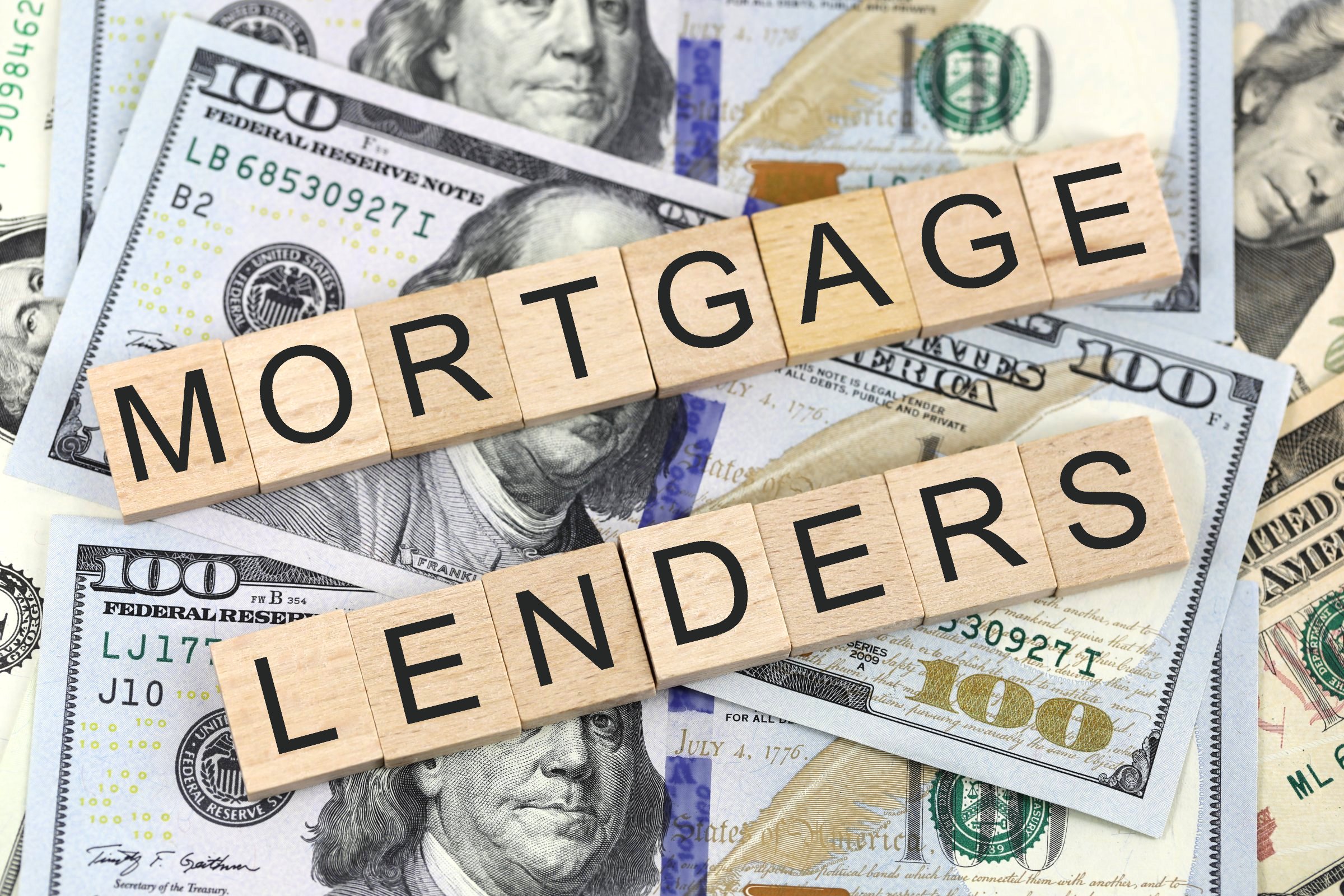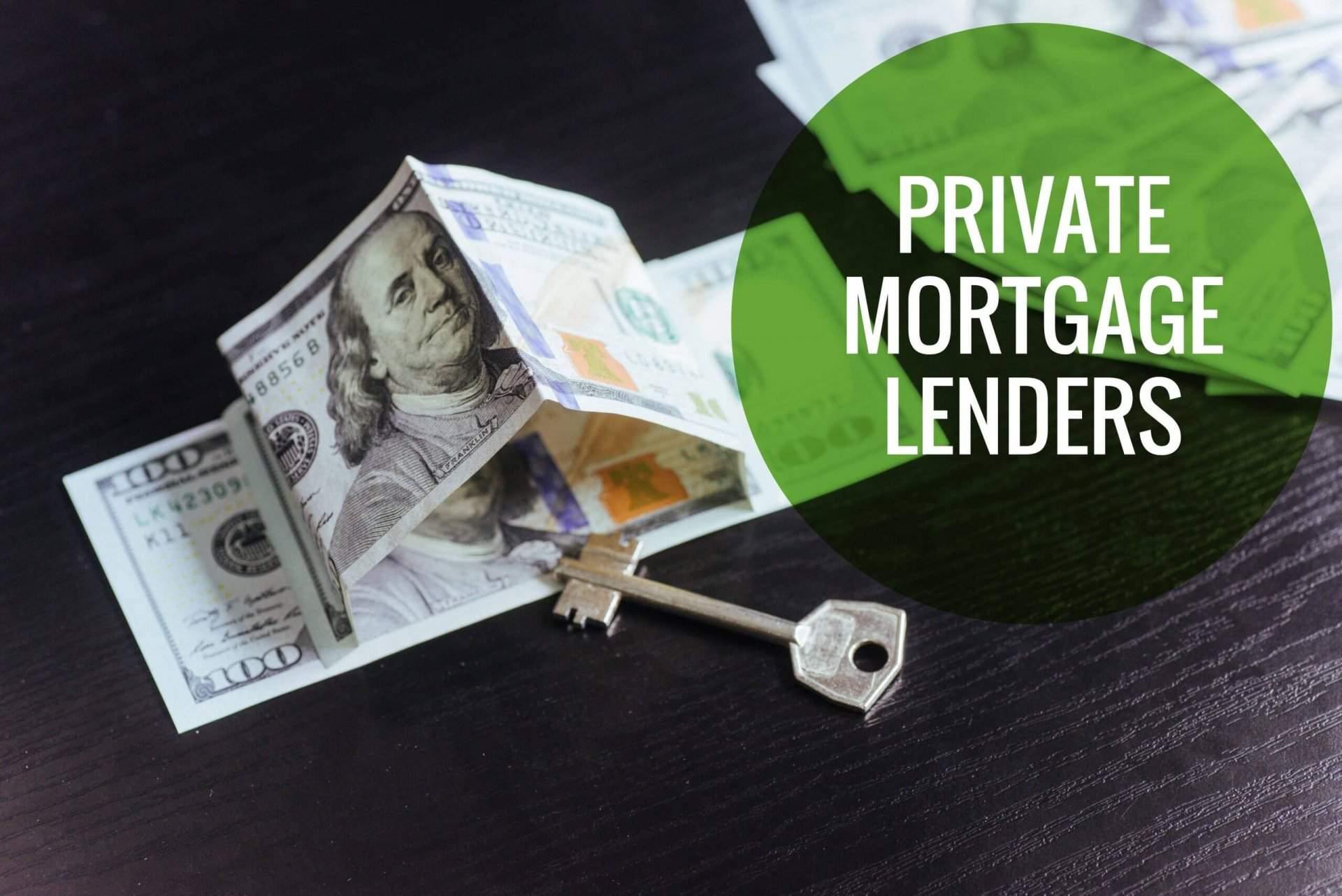Checking Out Mortgage Lending: Essential Information for Making Informed Decisions
In today's real estate market, understanding mortgage lending is important for potential customers. Different mortgage types, such as fixed-rate and adjustable-rate, offer unique benefits and obstacles. Rate of interest prices, lending application procedures, and closing expenses also play substantial roles in forming the home-buying experience. With so lots of factors to evaluate, traversing this landscape can appear intimidating. Yet, there are ways to streamline the process and make notified choices.
Recognizing Different Sorts Of Home Mortgages
What are the different types of home loans readily available to property buyers? Buyers can pick from a number of mortgage choices to match their financial scenarios and objectives. Fixed-rate home mortgages are popular for their security, using a regular rate of interest and regular monthly settlement throughout the loan term. Alternatively, variable-rate mortgages (ARMs) start with a lower rates of interest that may fluctuate after a first period, potentially increasing total costs. One more choice is the FHA lending, developed for low-to-moderate-income purchasers, which calls for a reduced down payment and has much more tolerant debt requirements. VA financings, available to veterans and active armed forces members, give beneficial terms with no down settlement and competitive prices. Additionally, USDA loans sustain rural buyers with low-to-moderate revenues, supplying 100% financing in marked areas. Understanding these mortgage types makes it possible for buyers to make enlightened choices based on their distinct financial circumstances.
The Relevance of Interest Prices
Rates of interest play a vital function in the mortgage lending landscape, profoundly affecting the cost of homeownership. A lower passion rate can considerably lower regular monthly mortgage payments, making it easier for borrowers to handle their finances. Conversely, higher rates can result in raised expenses over the life of the financing, possibly pushing homeownership out of reach for many individuals.Additionally, rate of interest are commonly tied to broader economic signs, such as rising cost of living and employment prices, which can rise and fall based upon market conditions. This partnership means that prospective homeowners should stay informed concerning current price trends to make educated decisions.Moreover, the kind of mortgage selected can additionally impact just how rates of interest are applied, with fixed-rate home mortgages supplying security and variable-rate mortgages presenting prospective variability. Recognizing these characteristics is necessary for borrowers seeking to navigate the complexities of mortgage lending effectively.
The Mortgage Application Process
Steering with the mortgage application procedure can appear frightening for many prospective home owners. The trip usually starts with collecting essential documentation, such as income statements, tax returns, and credit report. Lenders analyze this details to evaluate the applicant's economic security and creditworthiness.Once the paperwork is accumulated, individuals send a formal application, where they detail personal and monetary details. This phase is important, as it permits lending institutions to determine financing eligibility and terms. Following the entry, underwriting occurs, during which lending institutions perform a complete evaluation of the application and sustaining documents.After underwriting, the lender may request added information or explanation. If authorized, the candidate receives a funding offer, which details the mortgage terms. Finally, upon acceptance, shutting treatments begin, resulting in the completion of the car loan and the procurement of the residential property. Comprehending this process can encourage possible property owners to browse it with higher confidence.
Secret Terms Every Homebuyer Need To Know
Navigating the world of mortgage lending requires knowledge with different key terms that can significantly influence the homebuying experience. Recognizing these terms assists purchasers browse their choices and make enlightened decisions.One important term is "principal," which refers to the initial quantity obtained. Carefully related is "rate of interest," the cost billed by lending institutions for borrowing cash, commonly expressed as a yearly percentage rate (APR) "Escrow" is one more substantial concept, where funds are held by a third event to cover property taxes and insurance.Buyers should additionally know "deposit," the upfront quantity paid towards the home acquisition, and "equity," the difference in between the home's market value and the continuing to be mortgage equilibrium. Ultimately, "pre-approval" symbolizes that a lending institution has analyzed a purchaser's monetary scenario and figured out just how much they can obtain, simplifying the buying process. Experience with these terms equips property buyers in their trip.
Tips for Improving Your Credit Rating
Improving one's credit report is important for protecting desirable mortgage terms. Trick activities consist of paying expenses on time, reducing credit history utilization, and examining credit scores records routinely - Private Mortgage Lenders Savannah GA. These actions can considerably improve an individual's monetary account and raise their chances of obtaining a home mortgage

Pay Bills On Schedule
Paying expenses on time stands as one of one of the most reliable approaches for boosting a credit report. Timely payments show economic obligation and integrity to lending institutions, considerably affecting credit rating analyses. Late repayments can go to my site bring about adverse marks on debt records, which might stay for several years, adversely influencing loaning abilities. Establishing a regular schedule for bill settlements can help preserve punctuality; utilizing tips or automatic payments is an efficient method. People should focus on essential costs, such as credit report cards, utilities, and home mortgages, to protect their creditworthiness. Routinely keeping track of credit history reports can also help catch any type of disparities or missed payments, enabling for timely action. Eventually, constant costs payment is vital for promoting a solid credit rating account.
Decrease Credit History Use
Reducing credit report use is an essential action in enhancing one's credit report. Debt application describes the ratio of credit card equilibriums to their limits, and it greatly affects credit imp source history. Professionals suggest maintaining an application price listed below 30%, preferably around 10%. To accomplish this, people can pay down existing equilibriums or raise credit line, given they do not boost costs. In addition, individuals ought to avoid shutting old credit score accounts, as this can unintentionally increase application proportions by decreasing total offered credit history. On a regular basis keeping track of spending routines and making consistent settlements can additionally assist in managing credit rating usage efficiently. By implementing these strategies, people can boost their credit report and boost their eligibility for favorable mortgage lending alternatives.
Examine Credit News Frequently
While lots of may overlook their credit score records, frequently inspecting these papers is essential for preserving a healthy and balanced credit report. Credit report records consist of critical details regarding an individual's credit scores history, consisting of payment documents, arrearages, and credit report questions. By assessing these records, customers can recognize any mistakes or deceitful tasks, which can adversely influence their ratings. It is recommended to inspect credit scores reports a minimum of annually, as this permits individuals to proper mistakes and take aggressive actions to enhance their creditworthiness. In addition, monitoring credit history reports can provide understanding into aspects impacting the score, allowing people to make informed financial choices. Ultimately, constant alertness over credit scores records promotes economic health and wellness and improves the possibility of securing favorable mortgage lending terms.
Browsing Closing Prices and Costs
Recognizing closing costs and fees is vital for anyone going into the mortgage procedure. Each component, from loan provider costs to third-party charges, can considerably impact the overall cost of protecting a lending. By contrasting these expenses and discussing when feasible, borrowers can better handle their financial commitments.
Comprehending Closing Price Elements
Taking care of the complexities of closing expenses can be daunting for buyers. Closing expenses are comprised of various parts, typically consisting of funding source fees, appraisal costs, title insurance, and examination prices. These charges differ by lending institution and can fluctuate based on the property place and funding type. In addition, home owners might experience prepaid expenses like real estate tax and homeowners insurance coverage that are gathered at closing (Private Mortgage Lenders Savannah GA). It is crucial for buyers to understand more these components to precisely approximate the total quantity required during the transaction. By breaking down each element, property buyers can make educated financial choices, guaranteeing they are well-prepared for the closing process and decreasing any shocks that may develop at the lasts of securing their mortgage
Comparing Lending Institution Charges
When evaluating mortgage choices, customers ought to very carefully compare lender fees to assure they are making an informed decision. Loan provider costs can considerably influence the total expense of a home mortgage, consisting of application fees, finance origination charges, and underwriting charges. Each loan provider might have various structures and amounts for these fees, which can cause substantial distinctions in complete closing costs. It is essential for consumers to request a Funding Quote from multiple loan providers, as this file details all associated costs in a standardized layout. By analyzing these price quotes, consumers can identify which lender provides the most affordable terms. Ultimately, a thorough contrast of loan provider costs will help consumers select the most effective mortgage alternative that straightens with their economic goals.
Negotiating Closing Prices
Borrowers frequently overlook the possible to discuss closing expenses, which can further influence the price of a home mortgage. Closing prices generally consist of various fees such as appraisal, title insurance, and lawyer charges, which can include up substantially. Comprehending these expenses is important, as they can differ in between loan providers. By obtaining thorough estimates, debtors can determine locations for negotiation. It is a good idea to discuss costs straight with the lender, as some costs may be versatile. Additionally, debtors can compare deals from multiple loan providers to utilize much better terms. Involving a property agent or a home loan broker can additionally enhance the negotiation process, ensuring that debtors safeguard the most positive closing prices and overall mortgage terms.

Regularly Asked Concerns
What Papers Are Needed for a Mortgage Application?
The existing inquiry addresses the needed paperwork for a mortgage application. Commonly, applicants have to offer identification, revenue confirmation, credit rating, asset statements, and details pertaining to the property to ensure a comprehensive analysis by lenders.
How Does My Employment History Affect Mortgage Authorization?
Work history considerably affects mortgage authorization, as lenders evaluate task stability and revenue uniformity. A strong, constant work record boosts creditworthiness, while frequent task changes may increase issues about integrity and economic stability.
Can I Obtain a Home Mortgage With Pupil Finances?
The person's capacity to protect a home mortgage with pupil financings depends upon their overall debt-to-income proportion and credit history. Lenders assess these aspects, determining whether the candidate can manage added economic responsibilities sensibly.
What Is the Distinction In Between Pre-Qualification and Pre-Approval?
The distinction in between pre-qualification and pre-approval lies in their depth. Private Mortgage Lenders Savannah GA. Pre-qualification provides a general estimate of borrowing prospective based upon self-reported information, while pre-approval entails an extensive economic evaluation and credit check by the lending institution

The length of time Does It Take to Shut on a Home loan?
The time called for to close on a mortgage normally varies from 30 to 45 days. Variables such as loan provider effectiveness, consumer documents efficiency, and property evaluation can influence this timeline considerably, creating variations in the closing process.